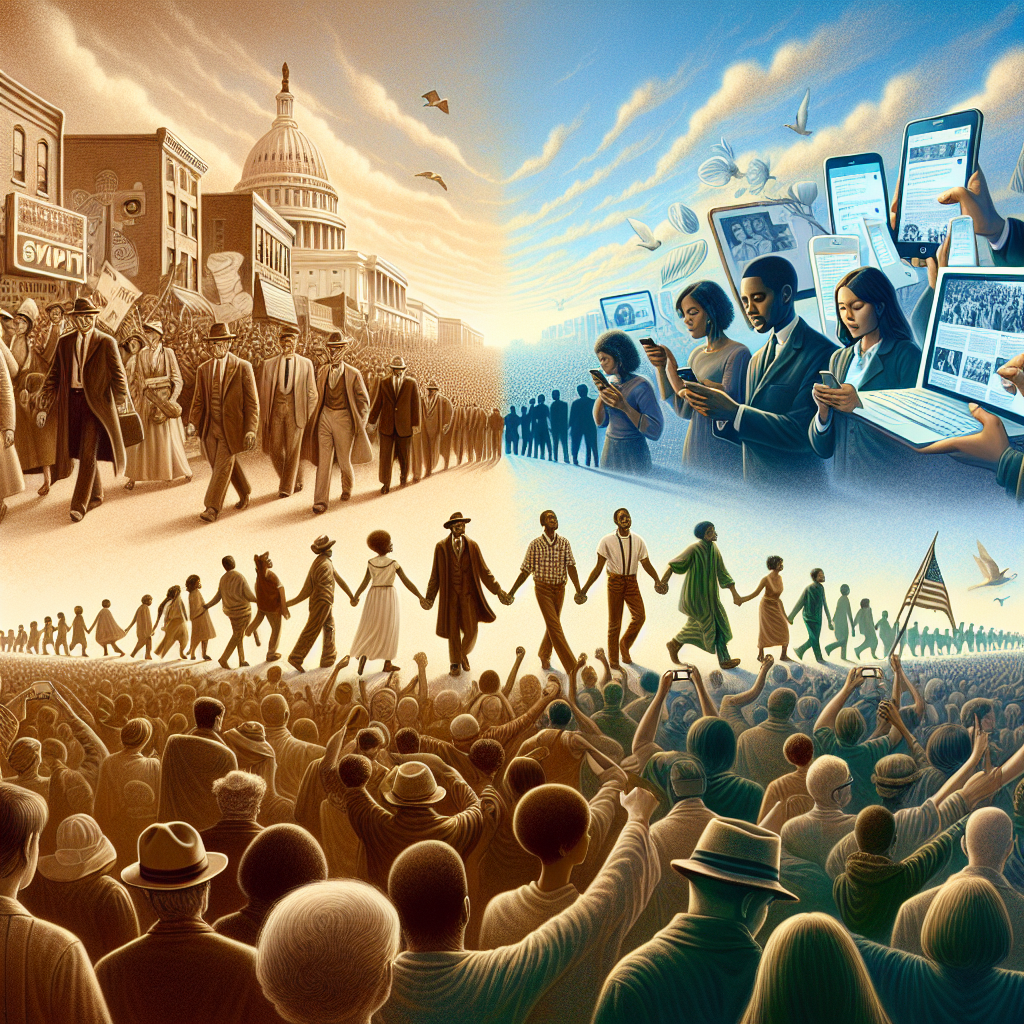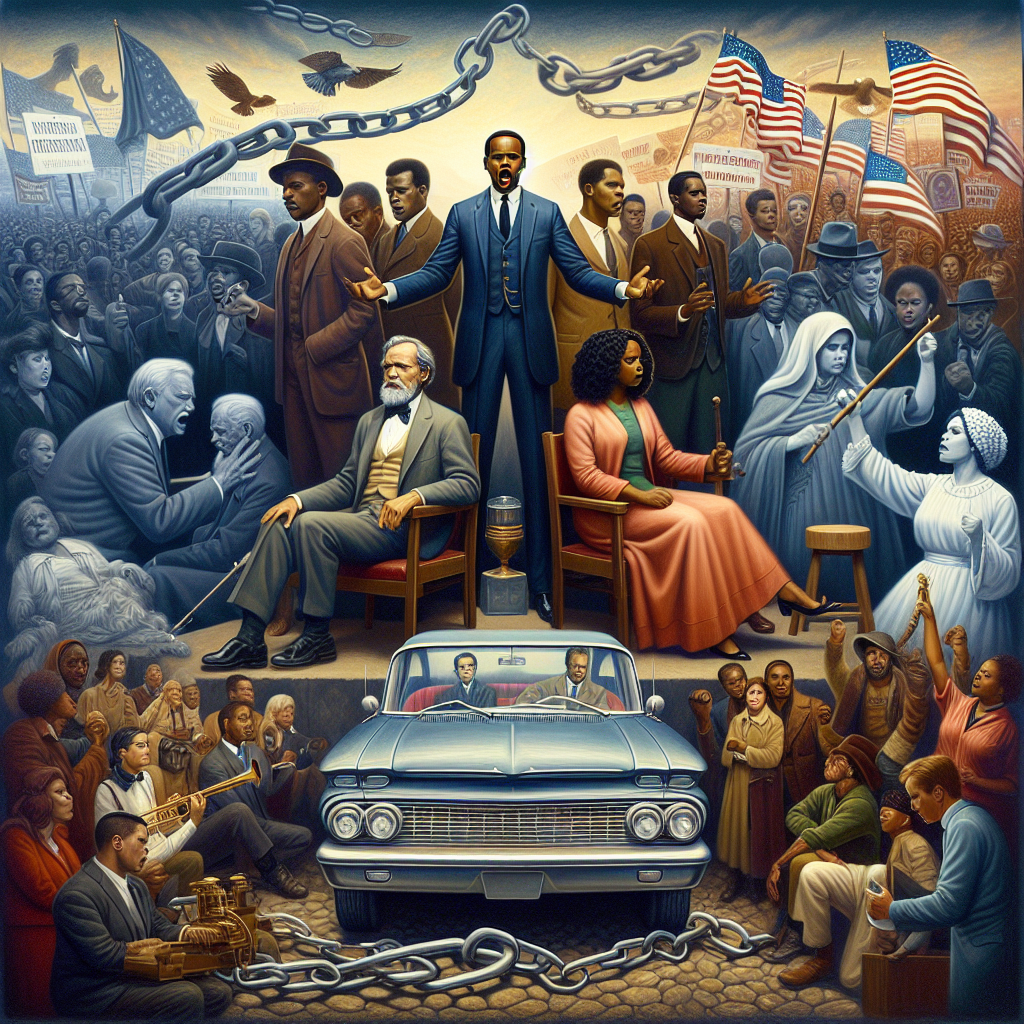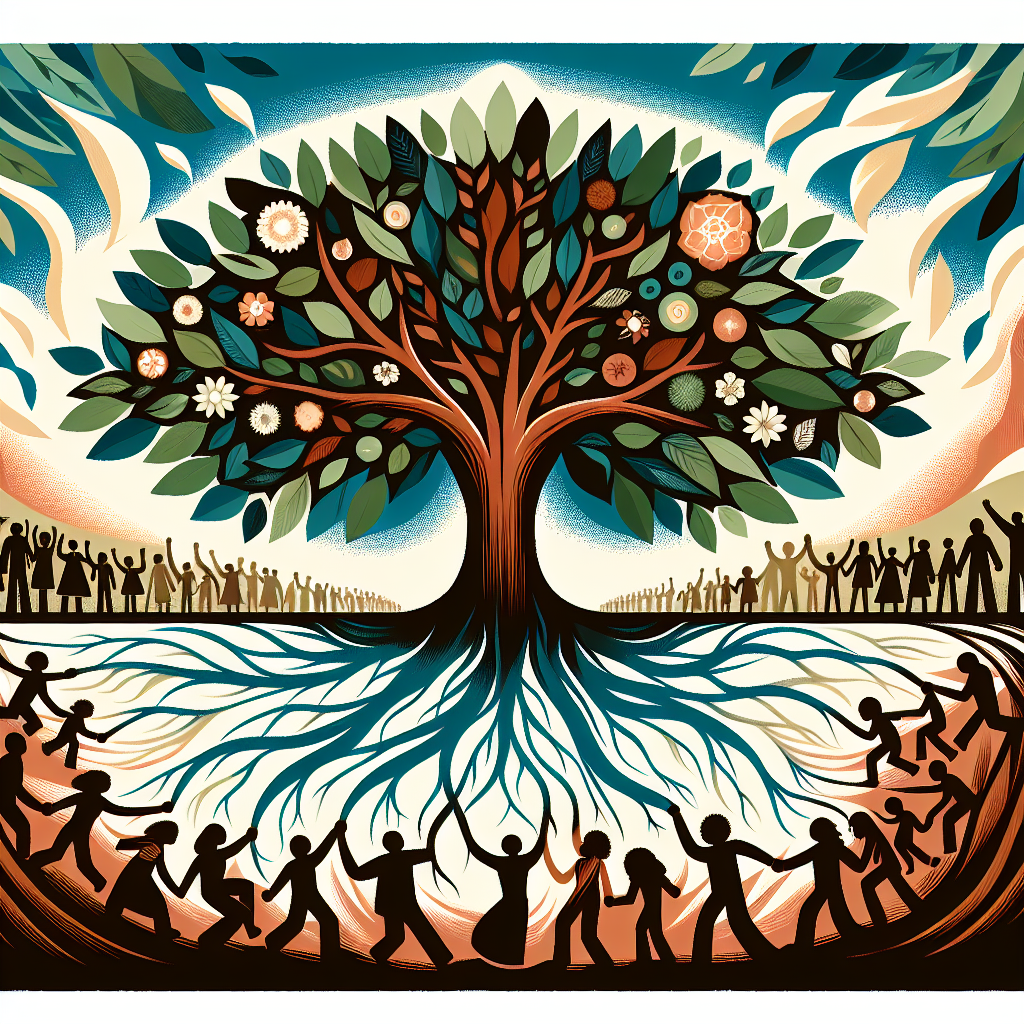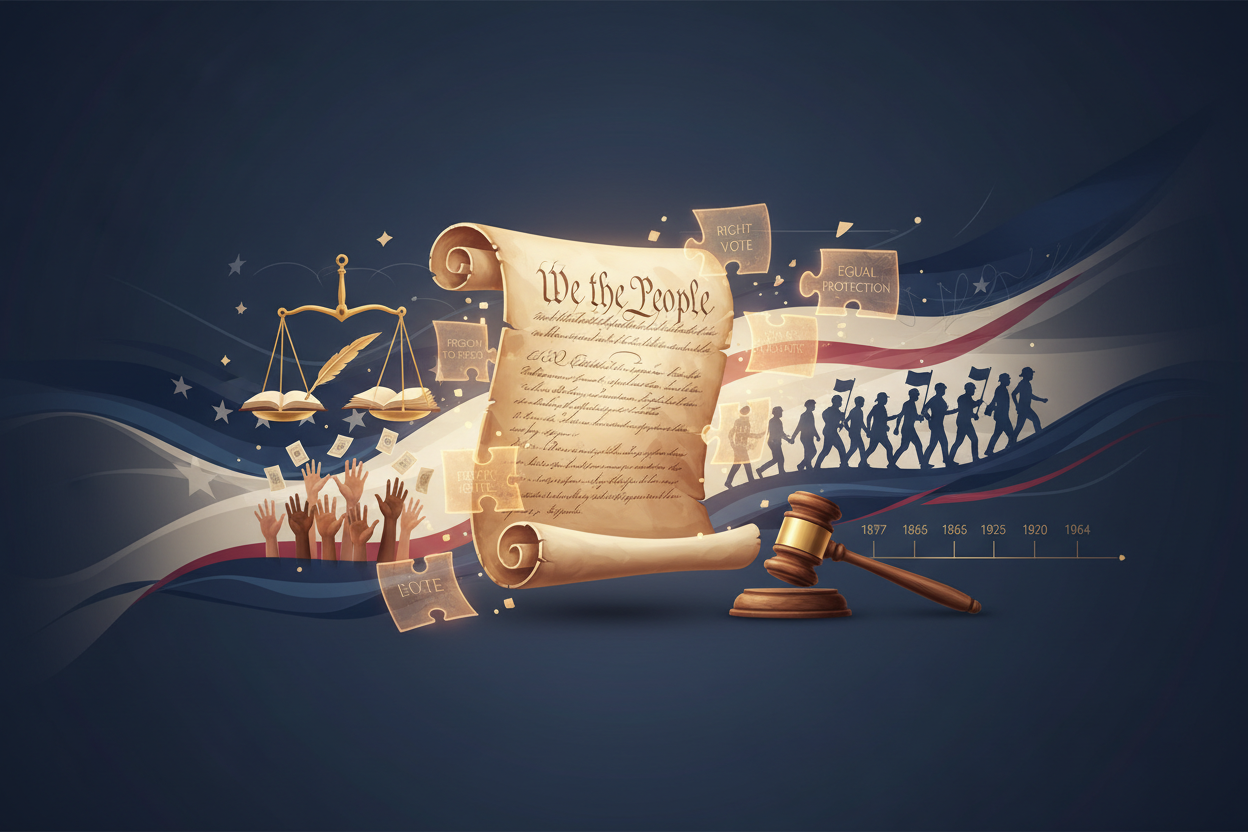The Fight for Civil Rights: Past, Present, and Future
The struggle for civil rights is an ongoing journey, marked by significant victories and continuing challenges. It’s a story that underscores human resilience and the quest for justice. From the historic marches of the 1960s to today’s digital activism, the movement for civil rights has evolved, adapting to the changing social and political landscapes. This blog post explores the past, present, and future of civil rights, highlighting key moments and the relentless pursuit of equality for all.
The Past: A Legacy of Courage and Determination
The fight for civil rights in the United States is deeply rooted in the nation’s history. The 19th century saw the abolitionist movement, which sought to end slavery. This laid the groundwork for future civil rights efforts, culminating in the Civil Rights Movement of the 1950s and 1960s. Figures like Martin Luther King Jr., Rosa Parks, and Malcolm X became icons of change, leading protests, and advocating for legislation that would dismantle segregation and discrimination.

The Civil Rights Act of 1964 and the Voting Rights Act of 1965 were landmark laws that prohibited racial discrimination and protected voting rights. These legislative victories were hard-won through protests, boycotts, and legal battles. The courage and determination of countless individuals brought about these pivotal changes, setting a precedent for future activism.
The Present: Challenges and Progress
Today, the fight for civil rights continues, addressing both old and new issues. While significant progress has been made, challenges remain. Systemic racism, police brutality, and economic inequality are persistent problems that demand attention. The Black Lives Matter movement has brought these issues to the forefront, using social media to mobilize support and raise awareness.

Moreover, the fight for civil rights has expanded to include LGBTQ+ rights, gender equality, and immigrant rights. These movements highlight the intersectionality of modern civil rights struggles, emphasizing that equality must be inclusive and comprehensive. Activists today use a variety of tools, from grassroots organizing to digital platforms, to advocate for change and hold leaders accountable.
The Future: Building a More Equitable Society
Looking ahead, the future of civil rights will likely be shaped by technological advancements and a more globalized world. Digital activism will continue to play a crucial role, allowing for rapid mobilization and information sharing across borders. However, this also presents challenges, such as misinformation and online harassment, which must be addressed.
Education and awareness will be key in the fight for a more equitable society. Schools, communities, and governments must work together to foster an environment of understanding and respect. Legislative efforts will also be crucial in addressing systemic issues and ensuring equal rights and opportunities for all individuals, regardless of race, gender, or sexual orientation.
Conclusion: The Ongoing Journey
The fight for civil rights is far from over. It requires the collective efforts of individuals, communities, and governments to build a just and equitable society. By learning from the past, addressing present challenges, and preparing for the future, we can continue to make strides toward a world where everyone is treated with dignity and respect.
FAQs
What were some key achievements of the Civil Rights Movement?
The Civil Rights Movement achieved significant legislative victories, including the Civil Rights Act of 1964 and the Voting Rights Act of 1965, which prohibited racial discrimination and protected voting rights.
How has digital activism impacted the civil rights movement today?
Digital activism has allowed for rapid mobilization and information sharing, bringing attention to issues like police brutality and systemic racism. Social media platforms have been instrumental in organizing protests and raising awareness.
What does the future hold for civil rights?
The future of civil rights will likely involve continued technological advancements, a focus on intersectionality, and efforts to address systemic issues through education and legislation.





Leave a Reply
You must be logged in to post a comment.